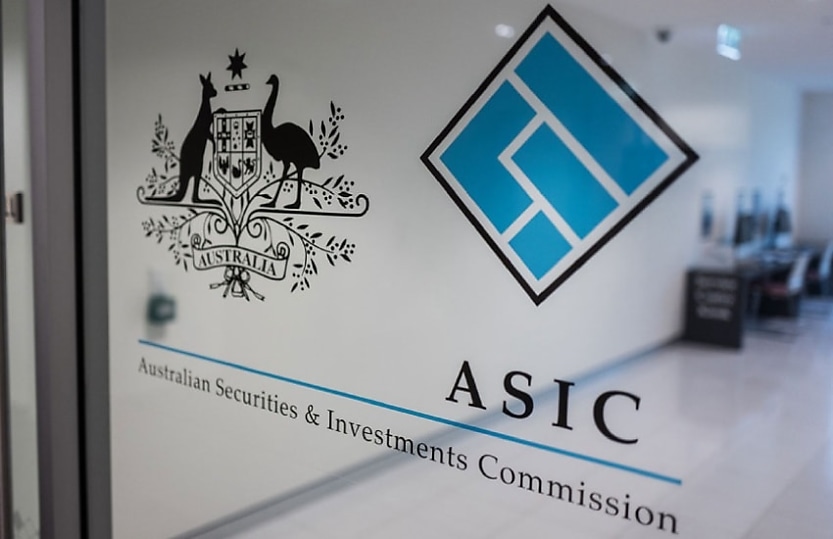Weak scam policies placing super members at risk, warns ASIC

ASIC has urged superannuation trustees to strengthen their anti-scam practices to prevent future fraud occurring.
An ASIC review found that superannuation trustees’ anti-scam practices were insufficient, according to an open letter signed by ASIC Commissioner Simone Constant.
Out of the 15 superannuation trustees included in the review, none had an organisation-wide scams policy to protect their customers, ASIC found.
“The review found that trustees were overly reliant on anti-fraud measures and had limited focus on the specific risks and harms associated with scams,” ASIC’s open letter said.
“For example, they focused on confirming that the person requesting a transfer was the member rather than looking for flags to indicate that the member may have been tricked.”
Furthermore, trustees did not have sufficient oversight of their external administrators’ scam and fraud prevention practices, many only having general knowledge of their administrators’ systems and processes.
“One of the trustees we engaged with was unable to identify whether its administrator undertook basic interventions, such as engaging with members over scams,“ the letter said.
Furthermore, none of the trustees had a scams strategy, dedicated reporting on scams, or had reviewed their scam prevention, detection and response capabilities.
ASIC noted that many trustees had reportedly not seen instances of scams affecting their members, explaining their limited focus on scam management.
However, the letter cautioned that this could be due to shortcomings in the trustees’ detection processes, or because a high proportion of Australians are in the ‘accumulation’ phase of their super fund, making it difficult for them to access funds and thus unattractive targets for scammers.
According to ASIC, over the coming decade, larger proportions of super fund members will be able to withdraw from their superannuation.
“Members who have reached preservation age face fewer frictions in accessing their funds and tend to have higher account balances. These factors can make them attractive targets,” ASIC said.
ASIC urged trustees to assess their existing anti-scam and anti-fraud measures and identify areas of improvement, educate themselves further on scam prevention and detection, and share scam management information across the industry.
“Superannuation trustees have a key role to play in minimising the risk of scam and fraud risks to members, given they are the custodians of the second largest asset for many Australians,” ASIC said in a press release.
“As banks, telecommunications providers and other financial service businesses increase their anti-scam and anti-fraud capabilities, superannuation trustees must do the same or risk becoming a soft target,” the open letter said.






